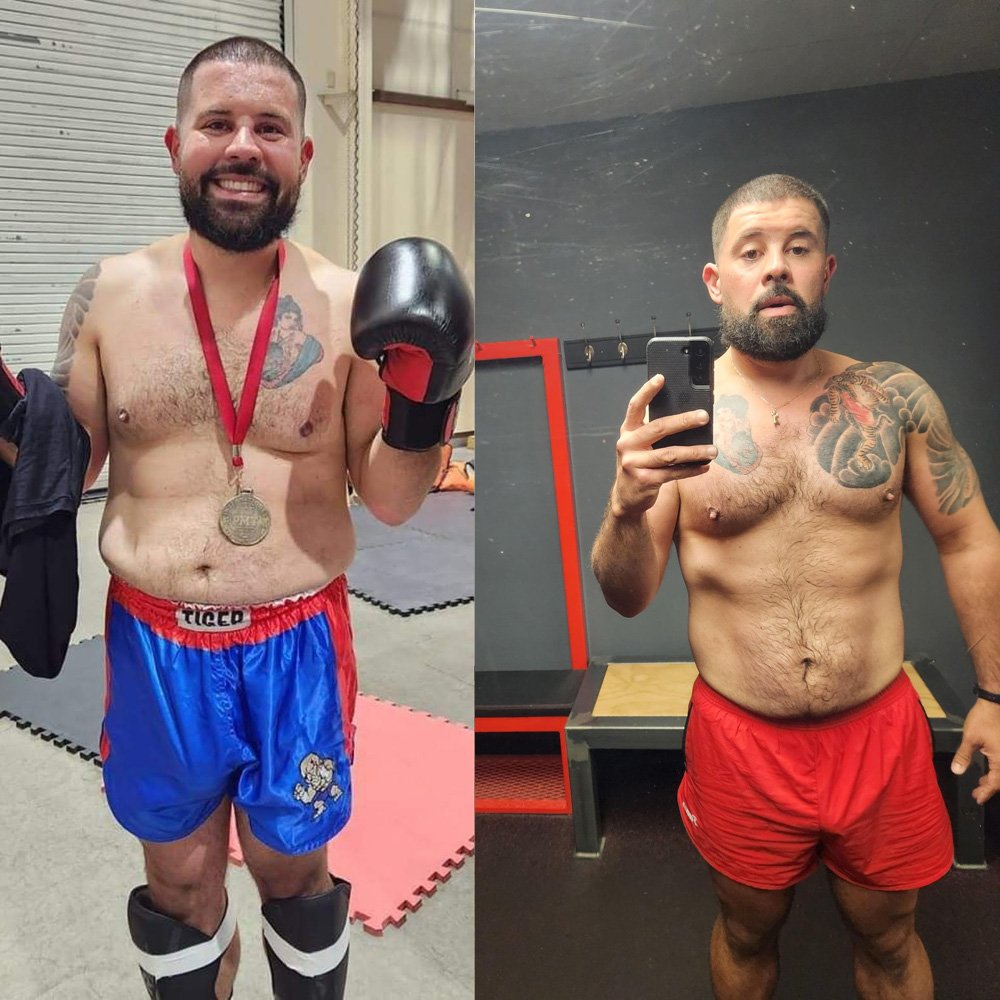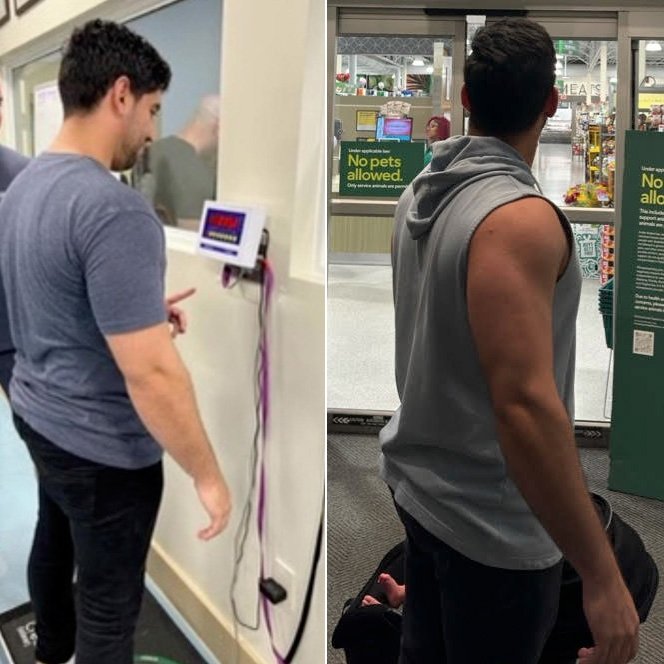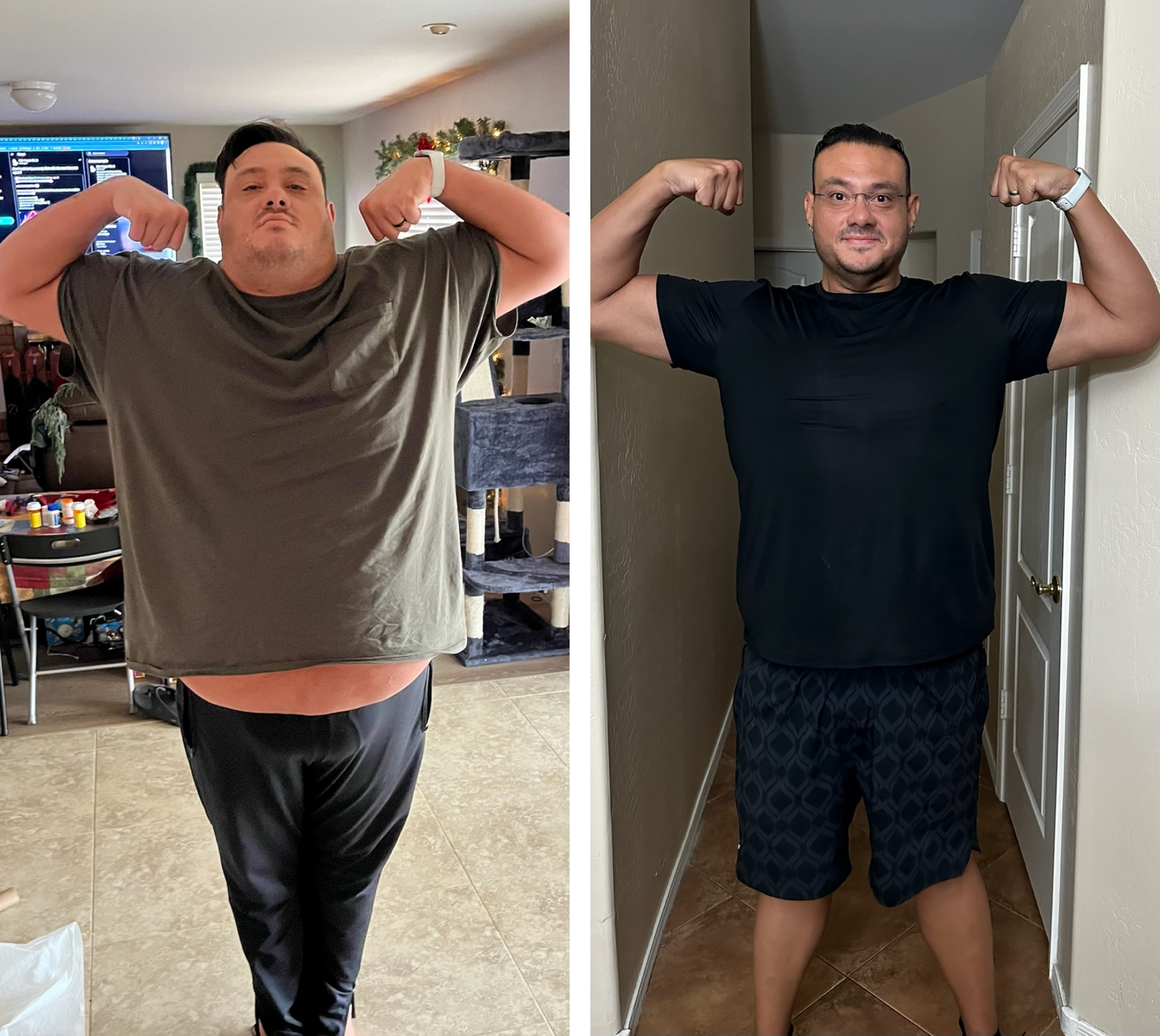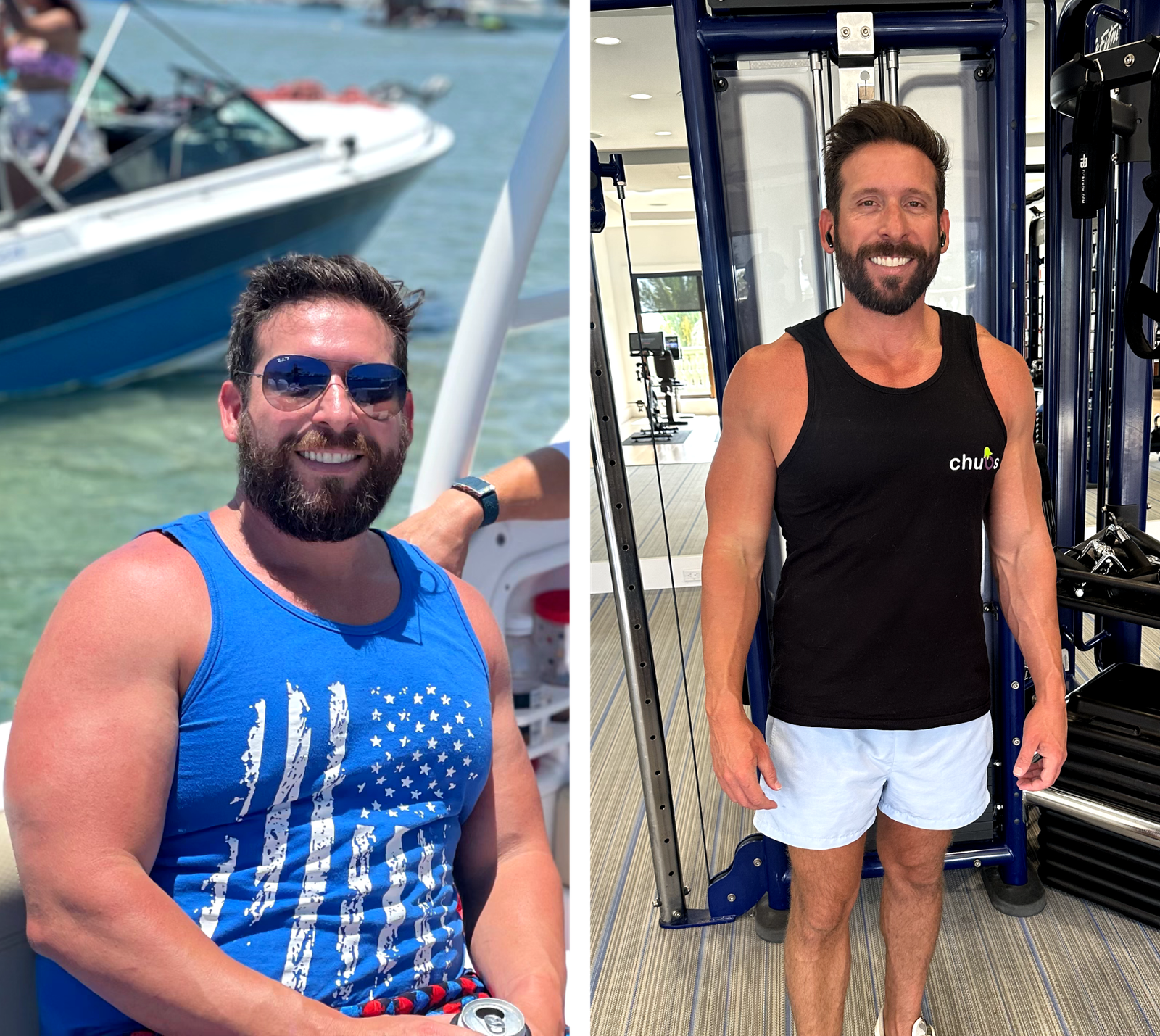Renew Vitality is a leading provider of Testosterone Replacement Therapy (TRT) for men who are suffering from testosterone issues. Our clinic is known as a “low T Clinic” place to seek treatment, providing specific care that is tailored to the particular needs of the patient. Individuals suffering from hypogonadism(low testosterone levels) can depend on our men’s health clinic for tailored treatments and unbeatable support that is dedicated to improving their emotional and mental well-being. Patients coordinators and hormone specialists in the Renew Vitality team lead the process of providing a safe and comfortable atmosphere where patients are helped through each step.
Renew Vitality Testosterone Clinic in Bridgeport, AL
All of Renew Vitality’s treatment programs are custom tailored to the individual by an experienced medical expert in our nationwide network.
Get your drive back today!
Feel Young Again. Reverse Low-T Symptoms With TRT
Bridgeport, AL
Testosterone Replacement Therapy Clinic

Service area, Bridgeport, AL
1-866-931-5310
Welcome to the Renew Vitality TRT Clinic in Bridgeport, AL
Hello and welcome to Renew Vitality’s testosterone replacement therapy clinic. We are proud to provide specialized testosterone replacement therapy services to patients living in the Bridgeport area. As a men’s health clinic we focus on establishing treatment plans that accommodate each individual’s distinct medical needs. Our approach to men’s health is not just to relieve any symptoms that are associated with low testosterone, but also to dramatically improve the overall wellbeing by offering comprehensive programs focusing on more than just testosterone imbalances. The Renew Vitality goal is to discover the potential of men who are suffering from the symptoms of low testosterone and our holistic approach, trained staff and our renowned continuous support is essential in achieving this objective.

Get Your
Drive Back
Revive your men’s health with integrated
lifestyle and wellness programs.
Testosterone Replacement Therapy in Bridgeport, AL
Signs of Low Testosterone
- Less sexual desire
- Chronic fatigue and inability to generate energy
- Strength and mass of muscles are reduced
- Mental issues such as poor memory and difficulties in staying focused
- Mood swings, including depression and anger issues
- Reduced bone density, heightening the risk of osteoporosis
- Sleep problems
- Hair thinning or loss
- A higher percentage of body fat, particularly in the midsection.
Benefits of Men’s Hormone Therapy (HRT)
Heart Health
Men’s hormone therapy may improve the health of the heart, potentially lowering the chances of developing heart disease through increasing blood flow.
The boost will increase Muscle Mass
Testosterone treatment may actively combat muscle loss, enhancing strength and overall physical well being.
Improved memory and cognitive function
Testosterone therapy may contribute to the enhancement of attention, memory, and mood stabilization.
Enhanced Libido
Restoring sexual attraction is one potential benefit of TRT, effectively addressing a big issue of reduced testosterone.
Better Quality of Life and Mood
Many people may notice improvements in their wellbeing and emotional stability after using TRT improving their daily experiences and productivity.
How Much Testosterone Replacement Therapy Cost
Testosterone replacement therapy costs vary based on each patient’s treatment plan, the duration of therapy and the methods in use. As Renew Vitality is a comprehensive men’s health clinic, there is a possibility the patient may be prescribed additional medications; the type and duration of these additional medications may also impact the patient’s investment. The patient’s coordinator ensures communication during your consultation to fully explain the financial aspects involved right off the bat.
How to Start TRT Therapy: 3 steps
Step 1 - Consultation
Step 2 - Assessment
Step 3 - Program
We can help you reach your target weight more efficiently and increase your chances of improving your overall health.

Our Men’s Health Clinic’s Strengths
Medical Expertise
Up-to-date Treatments
Concierge Treatment Approach
Discreet and Supportive Environment
Comprehensive Approach
Ongoing Support and Monitoring
Is Testosterone Treatment safe
In the hands of healthcare professionals and hormone experts such as those working at Renew Vitality testosterone replacement therapy is considered safe by many healthcare experts. Making sure that both safety and effectiveness are maintained is the top concern for Renew Vitality by way of detailed male hormone replacement therapy evaluations and continual monitoring to limit the risk of adverse effects or risks. Patient Coordinators are responsible for regular communication with the patient to create a strong relationship in which any problems that may arise are quickly and effectively addressed. If you are experiencing indications of low testosterone, and are looking to take action, the highly trained team at Renew Vitality’s dedication to detail and support level will ensure you are in good hands.

Testimonials
FAQ
Does insurance cover our male hormone replacement therapy?
What type of doctor can help with testosterone treatment?
How do I know if I am hormone deficient?
Our HRT Programs are designed to help renew your health and wellness. Contact us today to unlock your full potential.

Testosterone Therapy
Testosterone is the primary hormone in men responsible for energy, bone density, muscle strength, and sexual performance. In essence, this hormone is what makes a man masculine. Testosterone replacement therapy utilizes testosterone chemical compounds to help replenish low testosterone levels and boost them to optimal standards
HGH Therapy
The human growth hormone (HGH) is essential for human growth, cell regeneration, and cell reproduction. It also regulates cholesterol, bone density, muscle composition, body fat, and metabolism. HGH Therapy can increase human growth hormone levels to maximum output and help maintain physical performance and function.
Sexual Health
Erectile dysfunction and premature ejaculation can lead to decreased sexual desire, depression, and irritability, affecting the overall sexual health of your relationship. Unfortunately, these sexual dysfunctions are linked to several factors, including psychological and physical health issues. Sexual dysfunction treatments incorporate a combination of therapies, including HGH and Trimix injections, to help restore and enhance sexual function, performance, and desire.
Weight Loss
Testosterone is the primary hormone in men responsible for energy, bone density, muscle strength, and sexual performance. In essence, this hormone is what makes a man masculine. Testosterone replacement therapy utilizes testosterone chemical compounds to help replenish low testosterone levels and boost them to optimal standards
Low-T-Quiz
The human growth hormone (HGH) is essential for human growth, cell regeneration, and cell reproduction. It also regulates cholesterol, bone density, muscle composition, body fat, and metabolism. HGH Therapy can increase human growth hormone levels to maximum output and help maintain physical performance and function.
Let’s Start





















